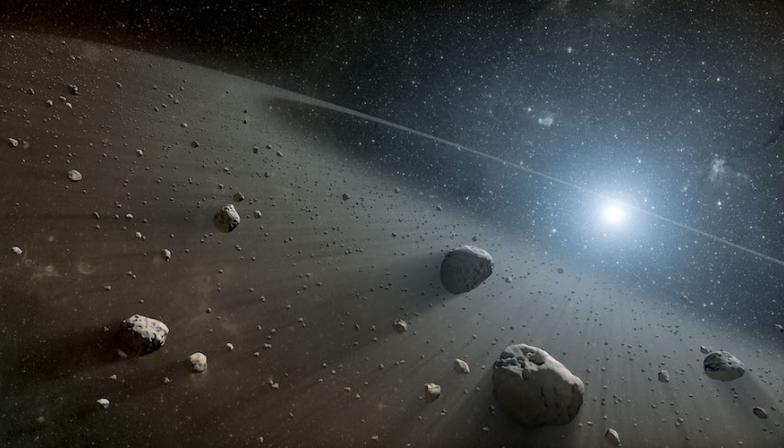Martin Elvis, a senior astrophysicist at the Smithsonian Astrophysical Observatory in Cambridge, and Tony Milligan, a philosopher from King's College London, took part in the study, which concludes that people should be allowed to mine only one-eighth of suitable planets, moons and asteroids, leaving 85% The solar system is intact.
As companies become closer to developing technologies that allow them to extract mineral resources from cosmic bodies, researchers are considering what will be allowed and what should not happen now.
The reason for adopting the eighth principle now is that it may be much easier to impose restrictions at an earlier stage than at a later stage.
“If we don’t think about it now, we will go ahead, as always, and in a few hundred years we will face an extreme crisis, much worse than it is now on Earth,” said Elvis to The Guardian. “As soon as you exploit the solar system, you have nowhere else to go.”
The researchers base their predictions on the fact that, for example, global iron production doubles every 20 years from the 1800s, from about 450,000 tons to about 2 billion tons in 2016.
Given the ongoing desire of mankind for more, Elvis and Milligan predict that, if the growth rate of production in the solar system is 3.5% per year, one-eighth of the solar system produced will last 400 years. The foundations underlying this hypothesis are the estimated amount of precious metals, minerals and other materials that exist outside our planet, for example, the amount of iron contained in the asteroid belt, the eighth of which is more than a million times more than all the reserves iron ore earth.
According to researchers, four centuries should be sufficient time for earthlings to find other sources of minerals or to solve their technological needs.



